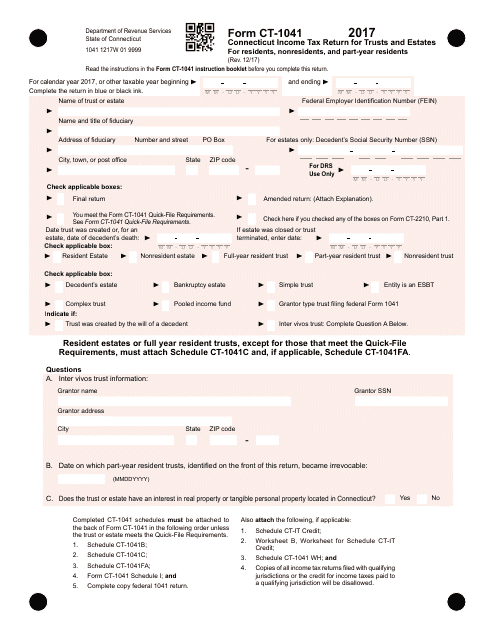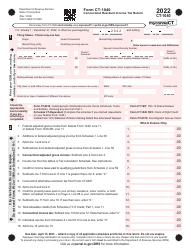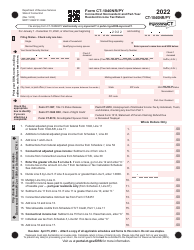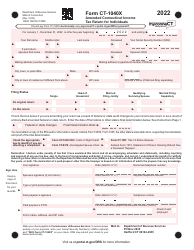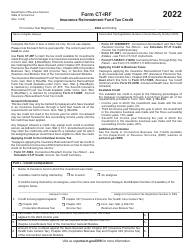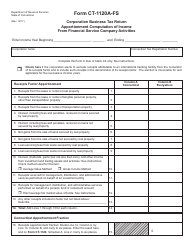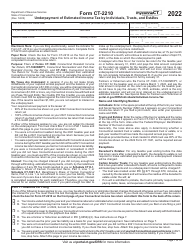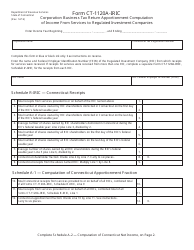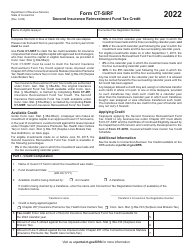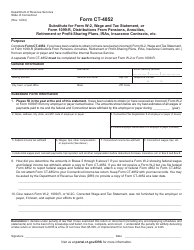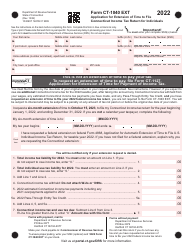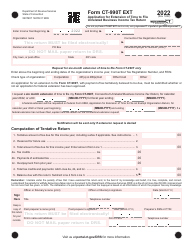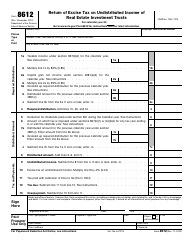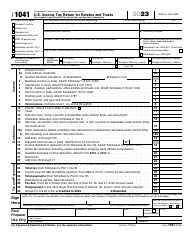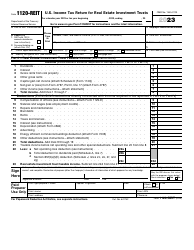Form CT-1041 Connecticut Income Tax Return for Trusts and Estates for Residents, Nonresidents, and Part-Year Residents - Connecticut
What Is Form CT-1041?
This is a legal form that was released by the Connecticut Department of Revenue Services - a government authority operating within Connecticut. As of today, no separate filing guidelines for the form are provided by the issuing department.
FAQ
Q: Who needs to file Form CT-1041?
A: Trusts and estates for residents, nonresidents, and part-year residents of Connecticut.
Q: What is the purpose of Form CT-1041?
A: To report and pay income tax for trusts and estates in Connecticut.
Q: What types of income should be reported on Form CT-1041?
A: All income earned by the trust or estate, including dividends, interest, capital gains, and rental income.
Q: Are there any deductions or credits available on Form CT-1041?
A: Yes, there are various deductions and credits available for trusts and estates, such as the federal income tax deduction and the Connecticut property tax credit.
Q: When is Form CT-1041 due?
A: Form CT-1041 is due on or before the 15th day of the fourth month following the close of the taxable year.
Q: Are extensions available for filing Form CT-1041?
A: Yes, extensions are available. To request an extension, taxpayers must file Form CT-1041 EXT.
Q: Is electronic filing available for Form CT-1041?
A: Yes, taxpayers can choose to file Form CT-1041 electronically through the Connecticut Taxpayer Service Center.
Q: What should be included with Form CT-1041?
A: Taxpayers should include all necessary schedules, forms, and documentation to support their income, deductions, and credits reported on Form CT-1041.
Form Details:
- Released on December 1, 2017;
- The latest edition provided by the Connecticut Department of Revenue Services;
- Easy to use and ready to print;
- Quick to customize;
- Compatible with most PDF-viewing applications;
- Fill out the form in our online filing application.
Download a printable version of Form CT-1041 by clicking the link below or browse more documents and templates provided by the Connecticut Department of Revenue Services.
